Seminar Cancelled — November 9, 2023: IRES Student Seminar with Lindah Ddamba and Tatiana Chamorro-Vargas
1. Energy Transitions in Sub-Saharan Africa: A Review of the Factors Inhibiting Accelerated Progress
2. Revealing the pathways to scale up agricultural transformation: Factors influencing adoption of Silvo pastoral systems in Colombia
Time: 12:30pm to 1:20pm
Location: Beaty Museum Allan Yap Theatre (Basement, 2212 Main Mall) Please check in at the Admissions Desk first before going to the Theatre.
No food or drinks allowed in the Theatre.
Zoom is not available for this seminar.
Talk summary:
The existential threat posed by climate change has propagated a global movement towards the transition from the use of fossils to the development of renewable sources of resources. The Paris Accord and subsequent climate treaties recognize the need to reduce the unabated use of coal and increase investments in renewables. Notably, while nearly 200 countries acceded to the global climate pacts, some countries (particularly in the global South), have rejected the aggressive phaseout of coal, citing the need for a just and gradual transition that mitigates the financial and economic risks of eliminating fossils. The UNFCCC (2021) reported in its NDC Synthesis Report that several national action plans fall short of the required action to mitigate climate change which may push performance to a maximum threshold of only 3.5 degrees Celsius global warming by 2100 above the desired target of limiting global warming below 2 degrees Celsius (if possible 1.5 degrees) of the pre-industrial temperatures. The evidence documents the existence of enabling policies and vast green resources in the Sub-Saharan region. However, the region continues to lag behind on its climate goals. A number of political promises have been made including a target to attain 100% transition to green energy by 2030 – which is deemed to be ‘overly ambitious’ by the international community. In this thesis, I explore energy transitions in Sub-Saharan Africa with a focus on Kenya, Uganda and South-Africa – examining trends, challenges and future prospects.
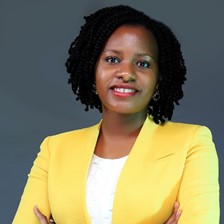
Bio:
Lindah holds a bachelor’s degree in law from Makerere University, Uganda (2010) and a Master of Laws Degree (2014) from the University of Toronto- Canada, where she majored in energy regulation and resource governance. Shortly thereafter, she worked as a Senior Legal Officer of the Uganda Electricity Regulatory Authority for four years. Her role involved the evaluation of electricity projects for development and she worked on a number of electricity policies and laws. Her research focus at IRES is on the promotion of renewables, where she seeks to evaluate the obstacles to accelerated energy transitions in developing economies with a focus on Sub-Saharan Africa
Talk summary:
Colombia is a global biodiversity hotspot of important ecological significance. However, deforestation is rampant in the country, and its primary cause is extensive cattle ranching which is inefficient, susceptible to climatic events, contributes to poverty, and causes unsustainable levels of environmental degradation such as water pollution. An agroecological alternative to ECR is Silvopastoral systems (SPS) which combine trees and shrubs in forage grasses to enhance cattle production. Thus, the goal of my research is to determine how SPS practices can be scaled out
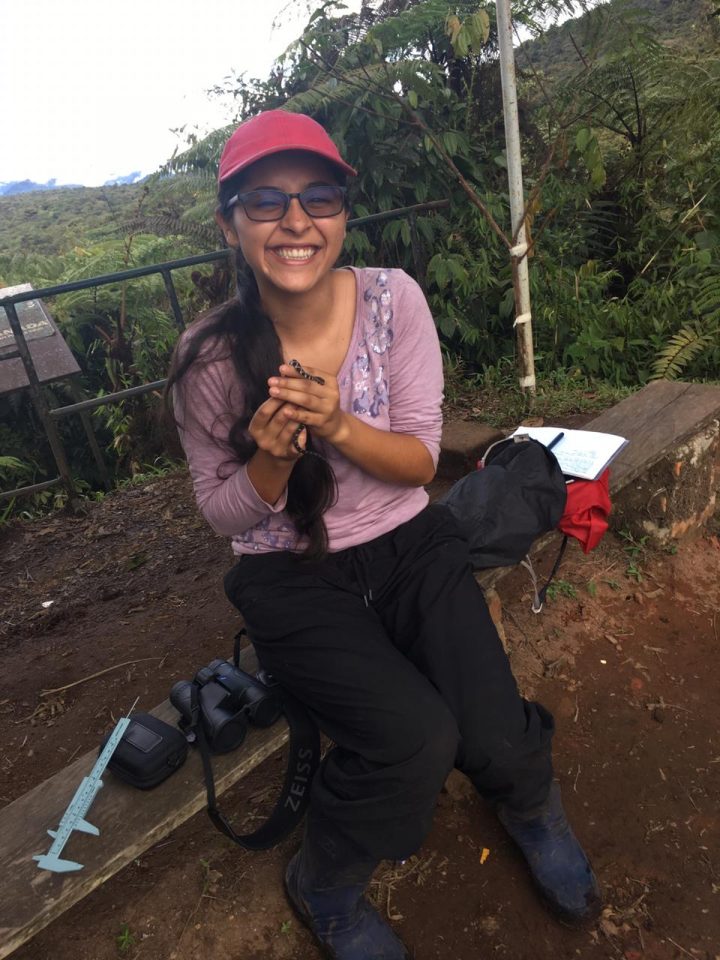
Bio:
Tatiana Chamorro (she/her) is an MSc student in the Working to Restore Connectivity and Sustainability (WoRCS) Lab at IRES and is supervised by Dr. Claire Kremen. Her research focuses on the scaling up of sustainable cattle ranching practices in Colombia, as she is highly interested in biodiversity conservation and ecology. She is a recipient of the Philip A. Jones Fellowship 2022-2023. She is also the trip coordinator for the RES Student Society.
November 2, 2023: IRES Faculty Seminar with Jonathan Foley
Achieving Drawdown: A Hopeful, Science-Based Roadmap to Stop Climate Change
Time: 12:30pm to 1:20pm
Location: Beaty Museum Allan Yap Theatre (Basement, 2212 Main Mall) Please check in at the Admissions Desk first before going to the Theatre.
No food or drinks allowed in the Theatre.
View Video Here
Talk summary:
This seminar is co-sponsored by the Climate Solutions Research Collective: https://climatesolutions.ubc.ca/. The Drawdown Roadmap is a science-based strategy for accelerating climate solutions. It points to which climate actions governments, businesses, investors, philanthropists, community organizations, and others should prioritize to make the most of our efforts to stop climate change.
By showing how to strategically mobilize solutions across sectors, time, and place, engage the power of co-benefits, and recognize and remove obstacles, the Drawdown Roadmap charts a path to accelerate climate solutions before it’s too late.
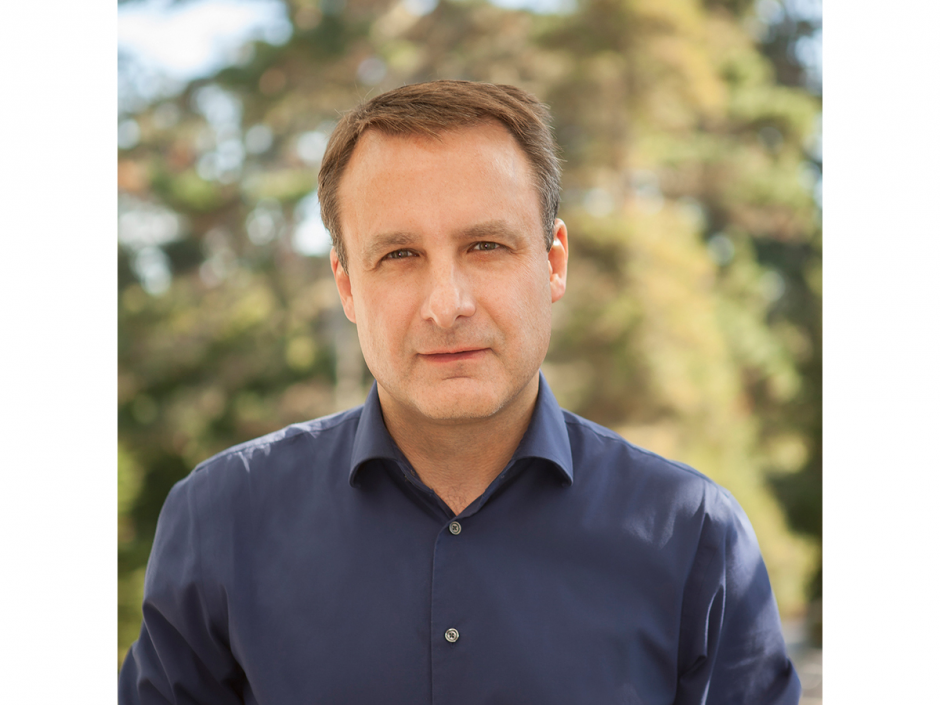
Bio:
Dr. Jonathan Foley is the Executive Director of Project Drawdown, the world’s leading resource for climate solutions. He is a world-renowned environmental scientist, sustainability expert, author, and public speaker. His work focuses on understanding our changing planet and finding new solutions to sustain the climate, ecosystems, and natural resources we all depend on.
January 26, 2023: IRES Faculty Seminar with Astrida Neimanis and Jennifer Hamilton
Talk Title: Weathering
Time: 12:30pm to 1:20pm
Location: Michael Smith Labs Theatre (102-2185 East Mall)
This seminar is in-person only.
This seminar will not be recorded.
Talk summary:
This talk will define the feminist concept of “weathering” and describe how it can be used to guide research design and analysis in interdisciplinary environmental studies. We will illustrate how this concept works using practical examples from our own research as The Weathering Collective, and other initiatives in Canada (The FEELed Lab) and Australia (Community Weathering Station). People interested in climate change want us to speak about the rain, but we want to speak about social relations. Attentive to the logic of weathering, we can build a new language to speak about how meteorological weather intersects with anthropocentric politics and infrastructures in ways that insist that weather, and by extension climate change, are always more-than-meteorological. Weathering demands that research on climate change attend to the experiences and inheritances of bodies in all of their differences. As we are always weathering, how can we use this capacious concept to help shape research methods and questions? How might these questions illuminate different kinds of mitigation and adaptation measures as necessary for better weathering?

Dr. Jennifer Hamilton (left), Senior Lecturer in Literary Studies at University of New England, founder of The Community Weathering Station
Bio:
Astrida Neimanis is Associate Professor, Canada Research Chair in Feminist Environmental Humanities, and Director of the FEELed Lab at UBC Okanagan (Kelowna, Canada); Jennifer Mae Hamilton is Senior Lecturer in Literary Studies at UNE (Armidale, Australia) and founder of CoWS (The Community Weathering Station). Since 2015, Jennifer and Astrida have been been experimenting, researching, writing, and making together: as co-coordinators of COMPOSTING Feminisms and the Environmental Humanities; as co-convenors of Hacking the Anthropocene 2016-2018, and (with Tessa Zettel) as founding members of The Weathering Collective. Their most recent co-authored publication is “Feminist Infrastructures for Better Weathering” (Australian Feminist Studies, 2021).
October 26, 2023: IRES Professional Development Seminar with Tom Green
Tackling climate change and advancing planetary boundaries: an ecological economist’s forays into research, teaching, policy and advocacy.
Time: 12:30pm to 1:20pm
Location: Michael Smith Labs Theatre, Room 102, 2185 East Mall
View video here
Talk summary:
Ecological economists posit that rather than having GDP growth as the goal that trumps all others, societies should seek to build just and resilient economies that support human and ecosystem wellbeing within planetary boundaries. Long concerned about the accelerating ecological crisis, an ecological economist has worked in different capacities, driven by a desire to help shift society away from an economic path that is breaching multiple planetary boundaries and degrading the natural systems that humanity depends upon. His career has included working for an Indigenous government to advance land rights, as an academic researcher and university lecturer, and as a policy adviser working for environmental organizations. This engaging talk will be of interest to those who are interested in how those who draw upon an ecological economics perspective can inform education, advocacy and policy and the roadblocks, frustrations and windows of opportunity that emerge in a world still largely entangled in an economic worldview of ever growing GDP and consumption.

Bio:
Tom Green is Senior Climate Policy Adviser at the David Suzuki Foundation, working to advance climate policies to rapidly reduce emissions and accelerate the shift to a clean economy that delivers wellbeing within planetary boundaries. He advocates for strong federal and provincial climate policies, including on methane, transportation, clean energy transition and carbon pricing.
From 2019 to 2022, he led the foundation’s Clean Power Pathways project, a collaboration with university research partners that coupled strategic electricity decarbonization modelling research with public engagement to advance a national zero-emissions electricity grid by 2035.
Tom has carried out research and taught at Universidad del Rosario in Bogotá, Colombia, Simon Fraser University, Royal Roads University, Quest University Canada and the Stockholm Resilience Centre at Stockholm University. He was a founding member of the Canadian Society for Ecological Economics. He has a PhD from the University of British Columbia.
Tom previously worked as socio-economic advisor for Rainforest Solutions Project, a coalition of environmental groups that helped set aside 3.1 million hectares of BC’s Great Bear Rainforest. He also was environmental advisor and assistant to the chief negotiator for the Innu Nation.
January 12, 2023: IRES Faculty Seminar with Patrick Meyfroidt (First Seminar of Term 2)
Traceability and Transparency for Improving the Sustainability of Commodity Supply Chains
Time: 12:30pm to 1:20pm
View video here.
Talk summary:
Sustainability impacts of commodity production such as agriculture and mining activities are associated to complex and often opaque supply chains connecting producers to consumers across the globe.
Here, I will present our work, in particular as part of the Trase initiative trase.earth, to improve traceability of supply chains, i.e. the capacity to map flows of products across the supply chain, and their transparency, i.e. the public disclosure of that information. We combine production, logistical infrastructure, customs and other data to map supply chains from subnational sourcing to importing countries, identify actors operating the supply chain (in particular traders), and attribute the associated sustainability impacts such as deforestation. I will present insights on supply chains including soy and beef from Brazil, and cocoa from Ivory Coast, and discuss key lessons but also caveats in how traceability and transparency can be crucial to designing, implementing and monitoring governance interventions to improve the sustainability of commodity supply chains.

Bio:
Patrick Meyfroidt holds a PhD in geography (2009) and a degree in sociology from Université catholique de Louvain (UCLouvain) in Belgium. Since 2016 he is Research Associate at the F.R.S-FNRS (the Belgian Research Funds) and Professor at UCLouvain.
His research focuses on how land use and more broadly land systems can contribute to sustainability. He is visiting UBC (Liu Institute – SPPGA & IRES) from August 2022 to July 2023.
November 3, 2022: IRES Professional Development Seminar with Teresa (Sm’hayetsk) Ryan
Rematriation of Indigenous Forest Stewardship
Time: 12:30pm to 1:20pm
Location: Beaty Museum Theatre (2212 Main Mall)
This seminar was not recorded.
Talk summary:
Pacific Northwest Forests have provided many amenities for thousands of years – as long as humans have inhabited these spaces. How these forests have been used over time has changed in the most recent century as Indigenous uses have been marginalized or outright displaced. Indigenous uses of the forest have been greatly misunderstood, with no small coincidence because this sentiment has expeditiously facilitated others’ uses.
The colonial dispossession of Indigenous lands and trade interrupted the ecologic and social harmony enjoyed by Indigenous people with enormous costs to them, to the natural resources, and colonial society. Traditional governance systems were ignored with attempts to dismantle many of them to be replaced by an imposed system created under the Indian Act, and other instruments. Differences between these systems in the governance of resource use are exemplified by the disconnect of social obligations for the stewardship of resources as is found in traditional social institutions. It is these ancient social institutions in the Pacific Northwest that social reproduction transmits the Indigenous knowledge of resources and the power of law.
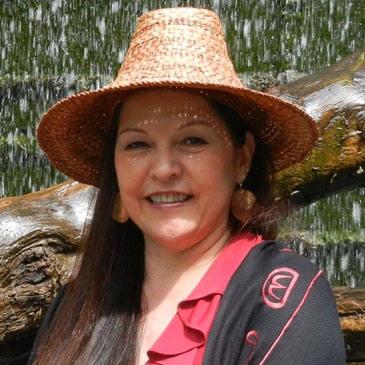
Bio:
Dr. Teresa (Sm’hayetsk) Ryan (Ts’msyen; Indigenous Knowledge Lecturer, UBC Forestry) is an ecologist specializing in Indigenous stewardship of natural resources and their interdependent connections within complex adaptive systems. She works at the forefront of forestry research to reconcile Indigenous values in projects, practices, and informing policy. Teresa is investigating relationships between salmon and healthy forests and revitalizing traditional Indigenous stewardship in the Salmon Forest Project (funded by Donner Canadian Foundation). She also works on Mother Tree Project (Simard) and is exploring old growth forests in supporting biodiversity and resiliency. Visit Teresa’s TEDxBerkley talk to hear the inspiration to her journey.
Using the ocean to fight climate change raises serious environmental justice and technical questions
January 19, 2023: IRES Student Seminar with Vincent Chireh and James Wu
1. Water Demand Management and Conservation Practices in British Columbia, Canada
2. How does framing influence preference for multiple solutions to societal problems?
Time: 12:30pm to 1:20pm
Location: Beaty Museum Theatre (2212 Main Mall)
Click here to view video.
Talk summary:
As climate change amplifies water challenges, especially in urban areas, policymakers are adopting innovative measures and practices to keep pace with water demand. Coupled with rising water demand, competing use for water, high infrastructure cost, and pollution, local jurisdictions in BC are progressively integrating demand management into water management. It is important to explore what measures are being implemented, the motivation for adoption, the impact on water pricing/billing, and affordability. Survey data from 97 local jurisdictions show that water-use restrictions, volumetric pricing, and conservation campaigns are the measures cities and municipalities commonly implement. Even though metering presents a clear chance to monitor, measure, and regulate residential water use, many jurisdictions face financial and personnel challenges in implementing it. Public engagement, financial stability, and effective planning can assist in ramping up WDM to reduce wasteful water consumption and save the environment.
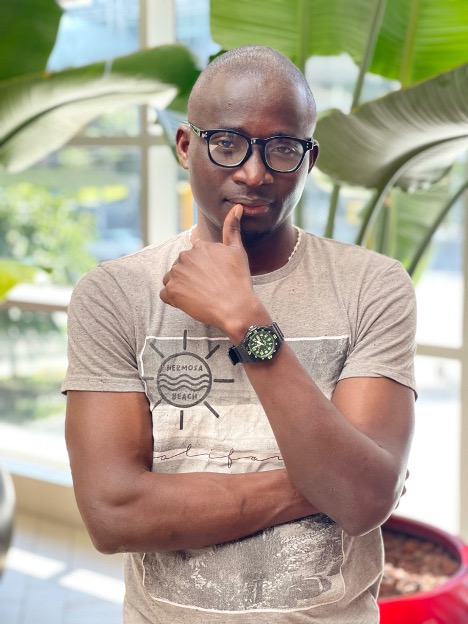
Bio:
Vincent is a PhD Candidate at IRES in UBC, working under the supervision of Leila Harris and Jordi Honey-Rosés. His research broadly focuses on water governance, global climate change, environmental sustainability, and political ecology. His PhD project explores the social equity implication in water governance policies in BC in the context of regulating demand and conserving water in response to climate change. He has also collaborated with BC municipalities to explore strategies to implement climate policies to achieve equitable outcomes. His research agenda builds on this foundation to explore social equity in environmental management, including resource management, climate mitigation and adaptation.
Talk summary:
Solutions to environmental and social problems are often framed in dichotomous ways, which can be counterproductive. Instead, multiple solutions are needed to solve the problem. Here we examine how framing influences people’s preference for multiple solutions to environmental and social problems. In a pre-registered experiment, participants (N=1,432) were randomly assigned to one of four framing conditions (multi-cause frame, multi-impact frame, multi-solution frame, and control). In the first three conditions, participants were presented with a series of problems (e.g., climate change, plastic pollution, homelessness, police reform), each framed with multiple causes, multiple impacts, or multiple solutions to the problem. The control condition did not present any framing information. Participants indicated their preferred solution, perceived severity and urgency of the problem, and their dichotomous thinking tendency. Pre-registered analysis showed that none of the three frames had a significant impact on the preference for multiple solutions, perceived severity, perceived urgency, or dichotomous thinking. However, exploratory analyses showed that perceived severity and urgency of the problem were positively correlated with people’s preference for multiple solutions, but dichotomous thinking was negatively correlated with multi-solution preference. These findings show a limited impact of framing on multi-solution preference. Future interventions should instead focus on increasing perceived severity and urgency, or decreasing dichotomous thinking to encourage people to adopt multiple solutions to address complex environmental and social problems.
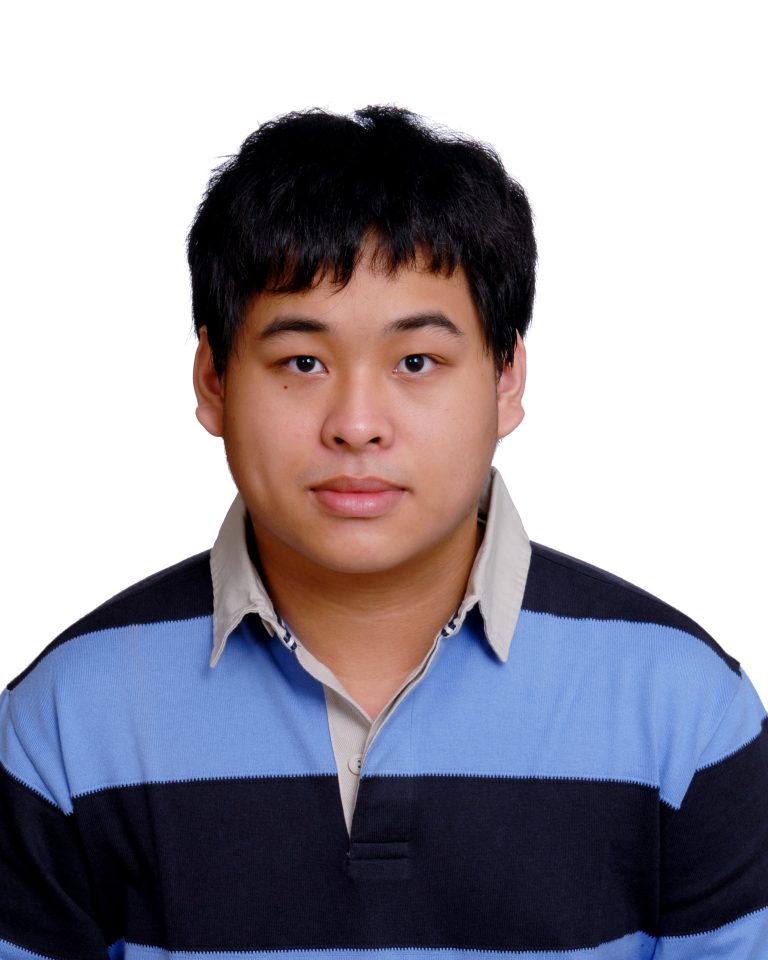
Bio:
James Wu is a Master of Science student at IRES under the supervision of Dr. Jiaying Zhao and Dr. Claire Kremen. His current research focuses on behavioural interventions aimed at reducing dichotomous thinking and promoting a multi-solution approach to important societal issues (e.g., climate change, plastic pollution). James is also an ecologist by training, and has been involved in projects that examine the interplay between biodiversity, agricultural intensification and crop productivity, as well as how climate change generates trophic cascades.